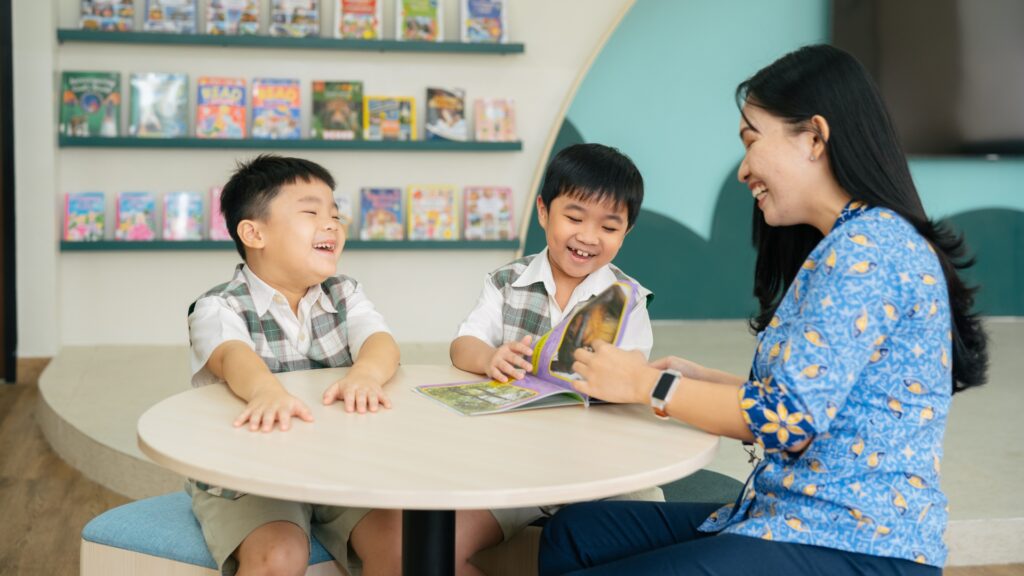Generation Z (born in the late 1990s and up to 2010) are living totally different lives than we did as children. Surrounded by gadgets and having to hear constant complaints from our parents, that they don’t “go outside and play” like we did when we were younger.
Children who were born after 2015 will never even experience the transition from a world without the Internet to a time of extreme connectivity. These children, now five years old or younger, have been surrounded by gadgets since the time that they were born.
The gadget-filled world is their world – their reality – and it makes no sense to disallow gadgets from children, or to expect them to experience what we did when we were younger. But there are guidelines and recommendations to limit your children’s screen time to two hours per day.
Why two hours per day?
Children’s development is factored by their social interactions, physical activities, and sleep. These things take an optimal amount of time and should never be reduced by overspending time on the screen.
Screen time includes watching TV, playing a mobile game, and any other behavior that involves fixating one’s vision to a single screen where face-to-face social interaction is not required.
Let’s break down the amount of time spent on healthy activities for children.
1. Sleep
Regular and high-quality sleep can potentially be threatened by overexposure to screen time. What causes this is varied, and people have different ideas on why that happens, but we can all agree that irresponsible gadget use can disrupt sleep patterns in children (and adults).
Children up to ten years old require at least ten to thirteen hours of sleep a day, including naps.


2. Physical activities
The Canadian Society for Exercise Physiology suggests that children should spend at least one hour a day on energetic play and several hours of moderate and light activities, such as walking, interacting with people and objects, and moving around the room. This may accumulate to eight or even ten hours a day.
3. Relaxing social activities
A couple of hours per day should be spent on quality time with parents or caretakers. These simple but crucial moments should exist for the child to bond and learn. We’ve written an article about literacy activities which you and your child can do together. Activities such as reading a picture book can enforce positive learning experiences for children at their essential early learning stages. Prayer is also an important social activity that gets them to be closer to God.
This gives us around two to four hours to spare, which includes screen time, baths, meals, and other activities.

Ignoring the two-hour rule can potentially be disruptive for development
The risks of spending too much screen time for children can be as follows: obesity, irregular or shortened sleep schedules, behavioral problems due to untrained social skills, and less quality bonding time with parents (and God).
There is no denying that once a child reaches a certain age, digital media is very helpful for your child’s development. However, from their birth to five years old, children should spend more time learning how to socialize and be presented with as many objects as possible to interact with, instead of a single flashy screen.
Sometimes buying good old-fashioned toys can accomplish miracles in the long run.





